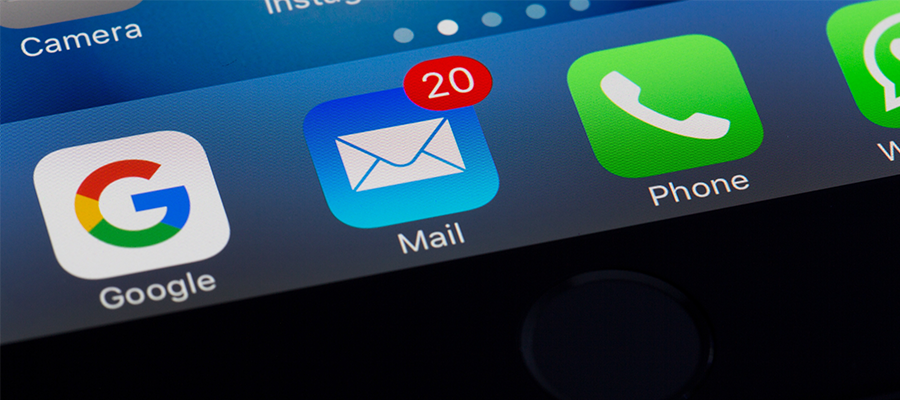In the age of workplace health and safety, the considerations are more than just physical. With a growing focus on mental wellbeing, one of the key areas for employers to pay attention to is their staff’s work-life balance.
Today’s digital world allows us the freedom to work remotely or pick up calls and emails on the move. Yet many see this as a potentially harmful development, leading to employees being unable to detach themselves from their work. Volkswagen and Lidl are two examples of large companies that have restricted out of hours email access for employees.
But is that helpful? A recent study by CIPD, the body for human resources, suggests that outright banning email access might actually be detrimental to your employees’ mental health.
What did the study say?
The premise is quite simple: although perhaps done with the best intentions of freeing up the workforce’s spare time and encouraging them to have a better work-life balance, it may have a counter-effect by causing a build-up of stress.
In particular, the study says that employees who have "high levels of anxiety and neuroticism" may be impacted by strict rules on email access because of a need to monitor and keep on top of messages to avoid feeling overloaded.
It continues to say that such a ban would be counterproductive for employees who are driven by performance goals, or those who prefer the flexibility to work in their spare time.
AI productivity startup Memory agrees with this more flexible approach, preferring to give their employees “a greater sense of control or security” by not restricting access.
A vicious circle?
This might be a new take on the conundrum, with previous wisdom suggesting that email access outside of work hours can be harmful. The alternate reasoning was that it can lead to additional stress, as longer working hours correlate with depression and anxiety.
So how can a new study suggest the opposite is true? When you break it down, it actually makes sense.
For some people, feeling as though they have to check emails or work outside of office hours can bring pressure and stress. But for others, being without access may have the same impact, because the feeling of being snowed under manifests itself during out of work time.
Finding the balance across your workforce
So, should you let your staff check their emails outside of work, or not? As in many professional situations, it could be argued there’s no real correct answer.
Each employee is different - if there are people who want to check out of hours, let them. For those who prefer to switch off and disconnect, there should be no pressure on them, and they shouldn’t be made to feel as though they’re doing anything wrong by not checking emails or following up on work.
As flexible working becomes more common, a simple and easy way to communicate irregular working hours is via an email signature. A quick note that highlights a team member’s hours and availability can help set expectations with colleagues, clients and customers as to when to expect a reply. Many workers are already doing this as demonstrated by @profmarkreed.
The key is to understand the different personality types and be able to adapt to suit your employees’ individual needs. As long as a staff member is performing in their role on a daily basis, they should be free to enjoy their home life and downtime however they wish - whether that means checking emails or not.
